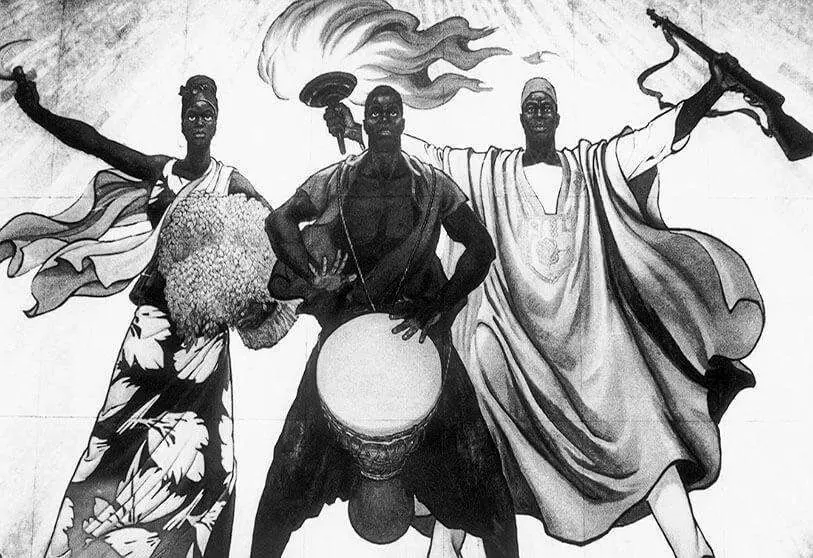Nkrumah and Lumumba, the crossroads of African politics

In the middle of the last century, an advance guard of African regions achieved their independence, although it is not clear whether this was always achieved on their own initiative or by the resigned flight of their occupiers, exploiters and Europeans, obedient to the directives of their respective metropolises. Of course, not all the processes were similar, because if some nations, such as Ghana, the first in sub-Saharan Africa to achieve it, obtained their sovereignty in such a solvent way that they still stand today as democratic beacons of the continent and remain undaunted in that moderate path marked by the first head of the black state, Kwame Nkrumah, also the father of pan-Africanism; Others, however, have gone through an ordeal of blood, sweat and tears, and many are still among the most hopeless countries in the world, in the midst of famines and conflicts that seem to go on forever.
There is now talk of neo-colonisation and some experts even doubt the ability of Africans to organise themselves and create institutions of popular representation to administer the services and structures necessary to enjoy the minimum levels of welfare and social justice. However, all doubts arise when we look into the episodes that marked the aspirations for progress of these peoples, because not infrequently the trail of a foreign conspiracy emerges to abort the concord of a people who have warred, and continue to war, much more than one would expect from their generally peaceful idiosyncrasies.

In that era of the 1950s-60s, in addition to other great men, there was Patrice Lumumba, an idealist from the former Belgian Congo who fought for the dignity of his people, but who had, like so many others, the misfortune to fall in the middle of the interests of the Cold War, displaced to Africa for the domination of its natural resources, for a change. Lumumba was assassinated by his own co-religionists and comrades after several obscure vicissitudes to make way for Mobutu, who posthumously made him a national hero.
However, although until now it seemed more or less clear that the order had come from the CIA, the Guardian newspaper recently revealed that it was the British "M-16" who ordered his execution 52 years ago on suspicion that this martyr had handed over valuable local wealth to Russia and other nonsense.
The truth is that today the Democratic Republic of Congo has not ceased to suffer, because the endless succession of wars and bloody clashes reaches the most vociferous present, of course, as always, with the shadow of foreign acronyms renewed in acronyms as disinterested as they are lethal in their blurred traces.








